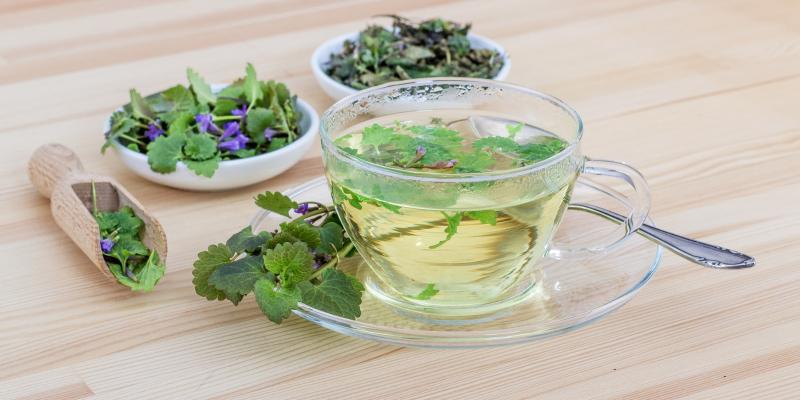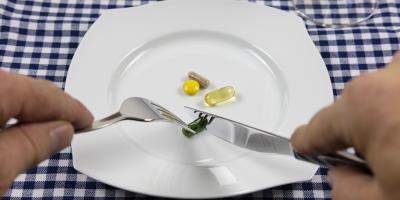In autumn and winter we are often weak and susceptible to infections. In such situations, we do not always have to resort to antibiotics - we can benefit from natural remedies, well-known for generations, for the common cold. Herbs can also improve our natural immunity.
When the common cold starts, in order to increase immunity, we should use preparations of a herb known under the Latin name Echinacea. Extracts from this plant are available in the form of tablets, as well as elixirs with an alcohol content. Echinacea preparations are used prophylactically and are helpful in the treatment of upper respiratory tract infections.
For fever
Traditionally, infusions of linden are applied in the case of common colds - as a diaphoretic agent and an anti-cough preparation. It originates from dried inflorescences. It is a sedative and an antipyretic agent, also used as a means of screening for respiratory catarrh, and also pharyngitis and bronchitis. An infusion of linden can also be used externally - to rinse the mouth and throat.
Black elder is applied as antipyretic and diaphoretic medicine, also giving a diuretic effect. In this case, dried flowers are applied in the form of herbal tea. Elderberry fruit also supports the proper functioning of the immune system and acts as a mild laxative and a diaphoretic agent. The fruit is harvested for its juice, which in the winter can be added to tea, for instance. We can also buy a mixture of elderberry juice and rosehip, which is also used for colds.
The raspberry fruit is traditionally used as a warming and diaphoretic agent, which produces, among other things, juices. Camomile, which has anti-inflammatory and antibacterial properties, is also good for colds. It can be used in the form of herbal tea, and, in the case of inflammation of the throat, also for inhalation.
For coughs and sore throats
Thyme and coltsfoot tend to be helpful for sore throats, which are produced in the form of, among others, lozenges. Thyme is an expectorant and is antibacterial, diaphoretic and strengthening. Herbal teas and syrups are also made of thyme syrups, used for dry coughs, rasps and coughing problems.
The coltsfoot extracts are good for the protection of mucous membranes and facilitating expectoration. Coltsfoot also contains tannins with astringent and anti-inflammatory properties.
Syrups are also made from the marshmallow. They are useful for so-called dry cough, facilitating expectoration. Sluices contained in the root of marshmallow coat the throat and mucous membranes, and thus protect them from irritants. Aqueous extracts of the leaves of marshmallow reduce irritation and the frequency of the coughing reflex.
Vitamin C - improves immunity and makes our organism stronger
Rosehip is rich in vitamin C - it contains 10 times more than lemon. Rosehip fruits have diuretics, with strengthening and immune stimulating properties. Herbal teas made of the fruit are used not only for colds, but also for remedying of nutritional deficiencies, weakness, and insomnia. In the wintertime, the juice of the wild rose can be added to normal tea.
Buckthorn, used for jams and marmalades and blackcurrants, are sources of large amounts of vitamin C. The highest content of vitamin C amongst all other plants was recorded in the fruit called acerola (Malphigia Punicifolia) - tens of times more than in citruses.









Comments (0)